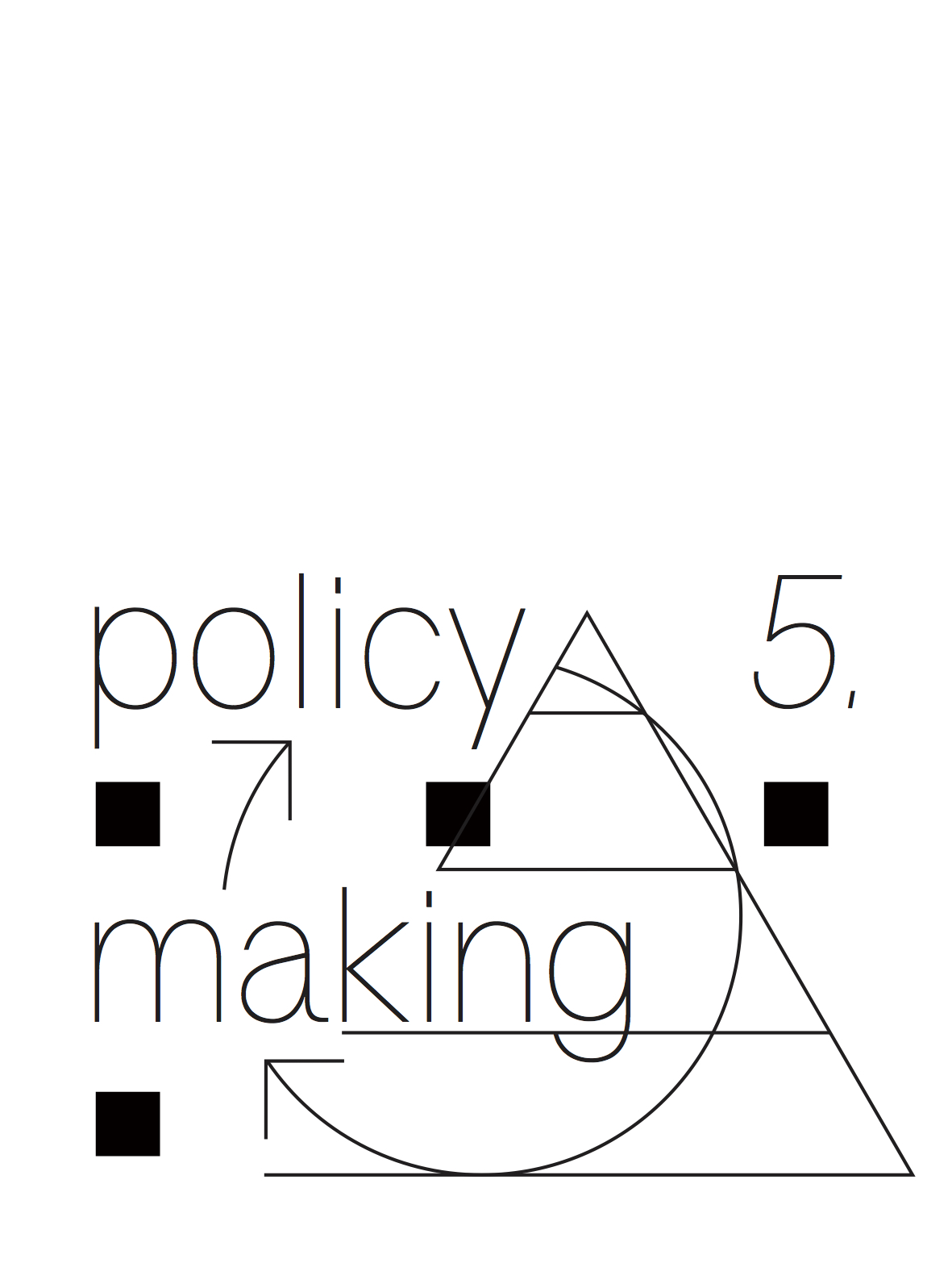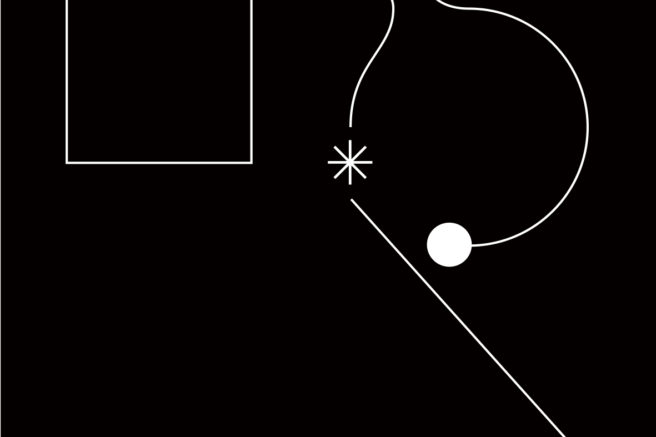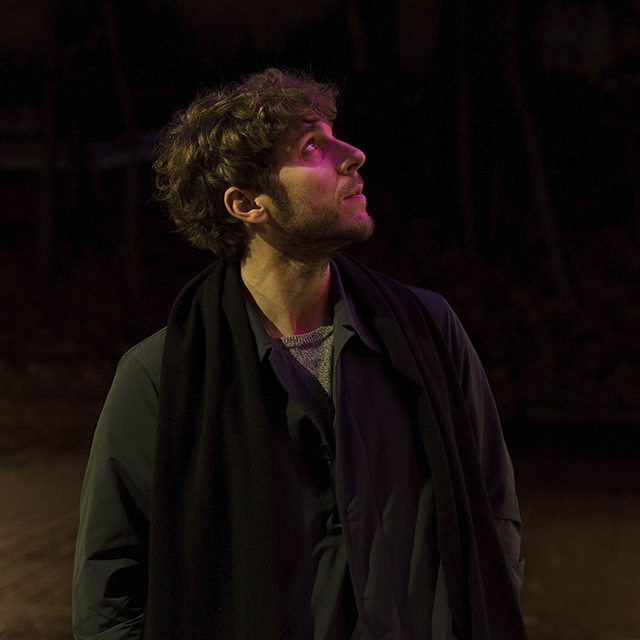Wanderful Loves
Stefano Maffei – Politecnico di Milano, DESIS Lab Milan + Design Policy Lab, Milaan, Italië
The contemporary design discipline is confronted with a series of challenges and fields of action in which its chances of intervention are related to a dimensional scale and a complexity which go beyond its traditional area of expertise.
The challenge of “transforming existing situations into preferred ones” is a general condition that requires disciplinary skills which can control and solve complex problems that affect not only the individual or collective private sphere, but also the relationship with the power-decision and the public government one. This requires a capacity for intervention in the system to be realized through a policy which could be defined as a “formulation of ideas or plans that are used by an organization or government as a basis for making decisions”. Thus the action of transformation highlights the necessity of a transparent policy-building process, that defines how we pragmatically act within reality.
The ability to produce systemic innovation goes through the transformation of the policy-making practice itself that changes the approach to the policy cycle realization from a “regulatory” to a “design” perspective. It’s a new culture: the design for policy. It supports a process of collaborative opening and tangibilization of the politics’ world by encouraging the learning of new individual and social skills and the transformation of roles among experts and citizens. The construction of a transformative action model which could be practice-oriented and evidence-based, leads us to imagine the intervention of design discipline as a complex transformation approach based on civic engagement, citizenship enablement and collaborative sense-making, rather than on the exclusive power of technology and organizational learning added to traditional policy schemes. The final aim is to build attractors of change and capability empowerment of the agents that could foster the future we imagine.



